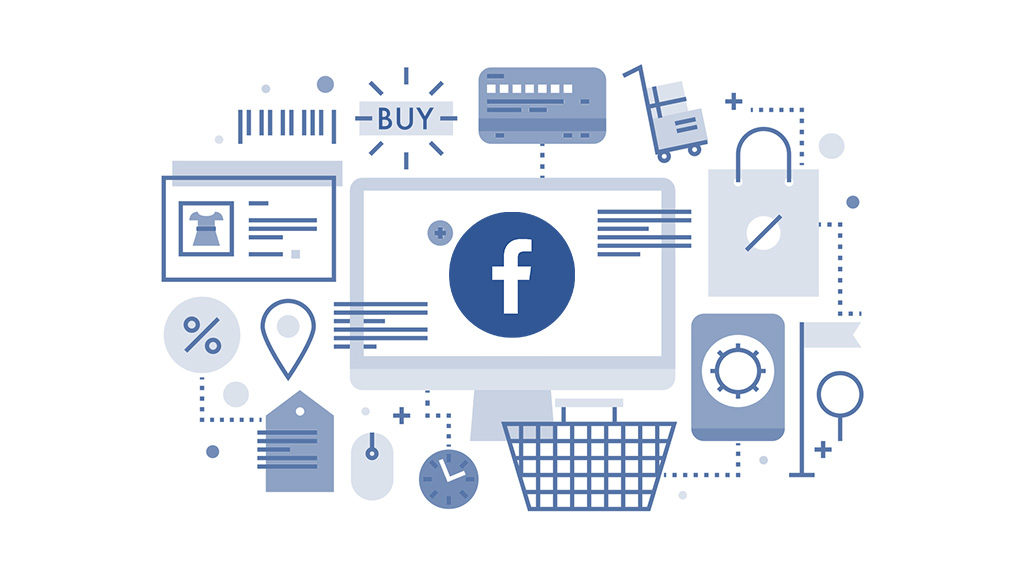Facebook might have encountered a few road bumps in 2018, but the social media platform announced it has been essential for DTC brands. Facebook, in collaboration with Ipsos, debuted its new research during the first day of CES.
The study revealed roughly three in four disruptor brands have grown more compared to non-disruptor brands and about nine in 10 of those online companies reported that Facebook assisted with reaching customers. Most importantly, the research shows disrupter brands are more inclined to build their business on Facebook. Around 72 percent of those brands report fast or steady revenue growth.
“Our success on Facebook pushed us to think about international expansion for earlier than we would have otherwise,” said Dan Rosen, Hubble Contacts’ head of creative, in a Facebook blog post.
“I would urge companies not to underestimate Facebook’s depth; if you think a little bit harder, you can probably find more efficient spend opportunities on the platform.”
Hubble Contacts has always been pretty transparent with their investment in Facebook. In 2017, co-founder Jesse Horwitz told Forbes their marketing is mostly digital and noted they spent 95 percent of their ad dollars on social media giant. Co-founder Ben Cogan added there was no content lens spend on Facebook, so they had little to no competition.
The new research highlighted the use of Facebook and Instagram is good for consumers too. Customers are more likely to get more perks and incentives. Around 39 percent of the disruptor brands offer lower prices versus 23 percent of other brands, 33 percent offer free shipping versus 16 percent and 32 percent offer increased payment options versus 24 percent for non-disruptors.
Peloton, the at-home digital cycling platform, launched in 2012 and since then it’s been a game changer for the fitness world. It’s even been described as “Netflix for fitness.” In 2017, the startup made around $400 million in sales and it was recently valued at $1.25 billion. Despite its fast and large success, Peloton admits social media is the most valuable way of interacting with consumers.
“In our first year of sales, when no one had heard of Peloton, Facebook was the only marketing channel that drove results for us at any scale. Five years later, Facebook and Instagram are still among our top methods for engaging with current and future Peloton Members,” said Graham Stanton, co-founder and SVP, digital sales & marketing for Peloton in a Facebook blog.
The study also noted how these disrupter brands support each other. Around 73 percent have collaborative connections with other companies on Facebook and nearly 80 percent share business information to others. See the rest of Facebook’s report here.

